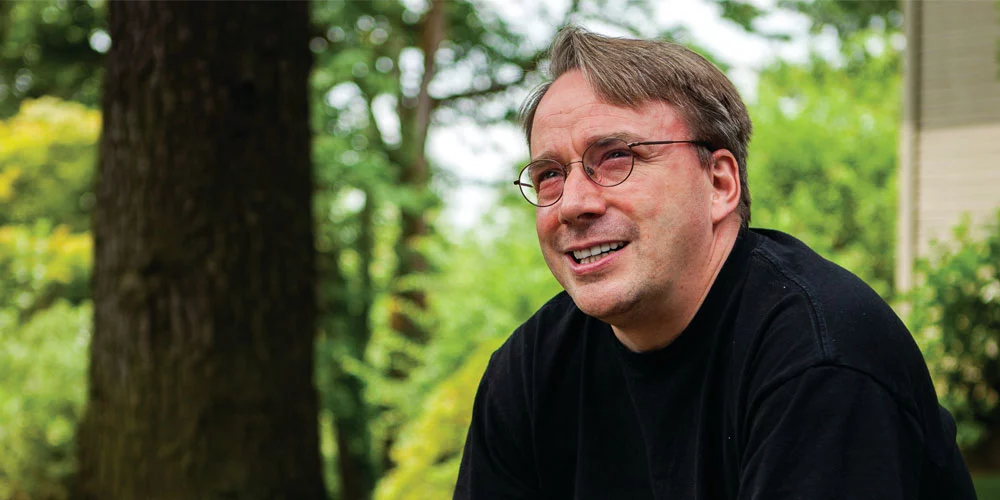Social media networks are literally those that power the flow of contents. The make the web a lot more interesting, by encouraging sharing and content creation. This is something that is otherwise difficult if not impossible to achieve.
While social media networks are used by almost everyone around the world, they have at least one big hater.
And that is none other than Linus Torvalds.
The Finnish–American software engineer is the creator, and historically, the principal developer of the Linux kernel, which later became the kernel for many Linux distributions and operating systems such as Android and Chrome OS.
When the Linux Journal interviewed and asked the Linux creator about the one thing he would fix in the modern networked world if he had the chance, his answer was:

Here, Torvalds is like showing how little respect social media gets in the eyes of those whose products actually empowered them.
Torvalds said the same can happen with email, but he believes that email is more necessary as it is more often used to communicate real information. This is something that rarely happens on social media networks.
From fake news to misleading information, social media networks are already plagued.
"The whole ‘liking’ and ‘sharing’ model is just garbage. There is no effort and no quality control. In fact, it’s all geared to the reverse of quality control, with lowest common denominator targets, and click-bait, and things designed to generate an emotional response, often one of moral outrage."
On top of all that, when they add in anonymity, "it’s just disgusting," he said.
While Torvalds is indeed an influential person in tech, unlike most others in the industry, he is not on any social media. Although he briefly used Google+ before Google terminated the service.
"I'm not on any social media (I tried G+ for a while, because the people on it weren't the mindless usual stuff, but it obviously never went anywhere), but it still annoys me," he said.
Torvalds didn’t get into whether or not governments should step in and regulate online tech companies, or make them more responsible for the content they promote, but here, Torvalds is giving the social media ecosystem a big “thumbs down”.
Again as one of the most influential person in the tech industry, Torvalds statement is not a good sign for internet companies trying to convince the world that they are the good guys.
Torvalds is known for his spontaneous outbursts. But he later took a fresh self-assessment, vowing to tone down his language and help foster a healthier, more professional way of communication between kernel.
He doesn't accept the term "diplomatic" to describe the new or the future hum. But believes that he is "quieter", ans "perhaps more self-aware."
He also said that he is "trying to be less forceful".